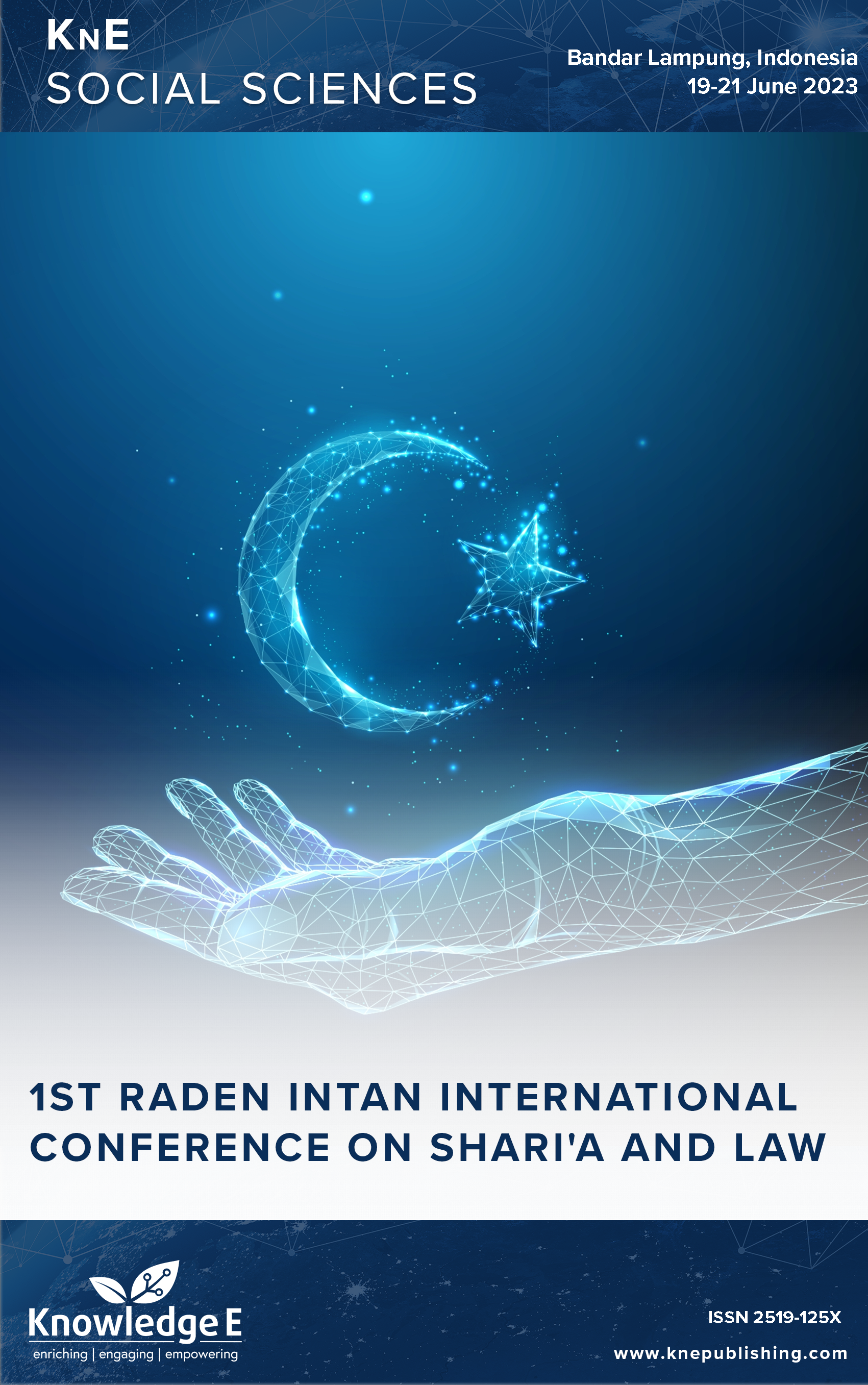Derivative Transactions on Sharia Hedging (Al-Tahawwuth Al-Islami Era 5.0 Perspective of Sharia Economic Law
DOI:
https://doi.org/10.18502/kss.v9i2.14992Abstract
Derivatives generally involve unlimited liability. The decline in traditional activities implies the future of the banking industry and creates new challenges for regulators. In other cases, Sharia hedging is a breakthrough for Indonesia to be based on the Qur’an and sunnah, which are considered to violate Islamic law. This study aims to study the transactions that we know very little about so that we can run them by existing regulations. This study uses qualitative methodology with descriptive research and an empirical juridical approach. The results in this study were related to regulations that are only listed in Fatwa DSN-MUI No. 96 of 2025 regarding sharia hedging, which is not clearly explained. Hedging is implemented so that there are gharar, maisie dan riba’ in it, but this becomes a polemic because it should be a form of application of Sharia principles in Indonesia.
Keywords: derivative transactions, Sharia hedging, regulation
References
Basyaib F, manejemin tesiko. Jkarta: PT Gramedia Widiasarana; 2007. P. 6-7.
Dian Ediana R. Derivative Transctions and Economic Regulation Issues in Indonesia. ( Jkarta: PT. Elex Media Komputindo, 2008. P. 10.
Manajemen Transaksi Derivatif Dalam Peraturan Bank Indonesia, 2023. P. 67.
Johan S. Metode Penelitian Kualitatif. Jawa barat: CV Jejak, 2018. P. 7.
Al-Suawilem S. Hedging Inin Islamic Finance. Occacional Pap. 2006. No. 10. P. 10.
Zam dkk AF. Analisis Kesesuaian Hedge Konvensional Terhadap Pringsip Syariah Media Ris Bisnis Dan Manaj. Desember 2008; Vol. 100. P. 26.

